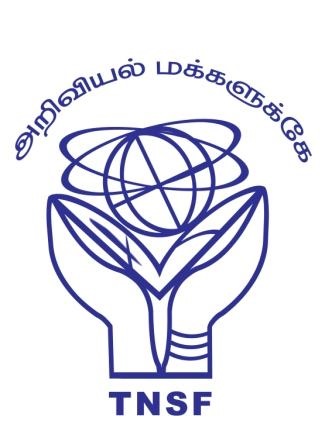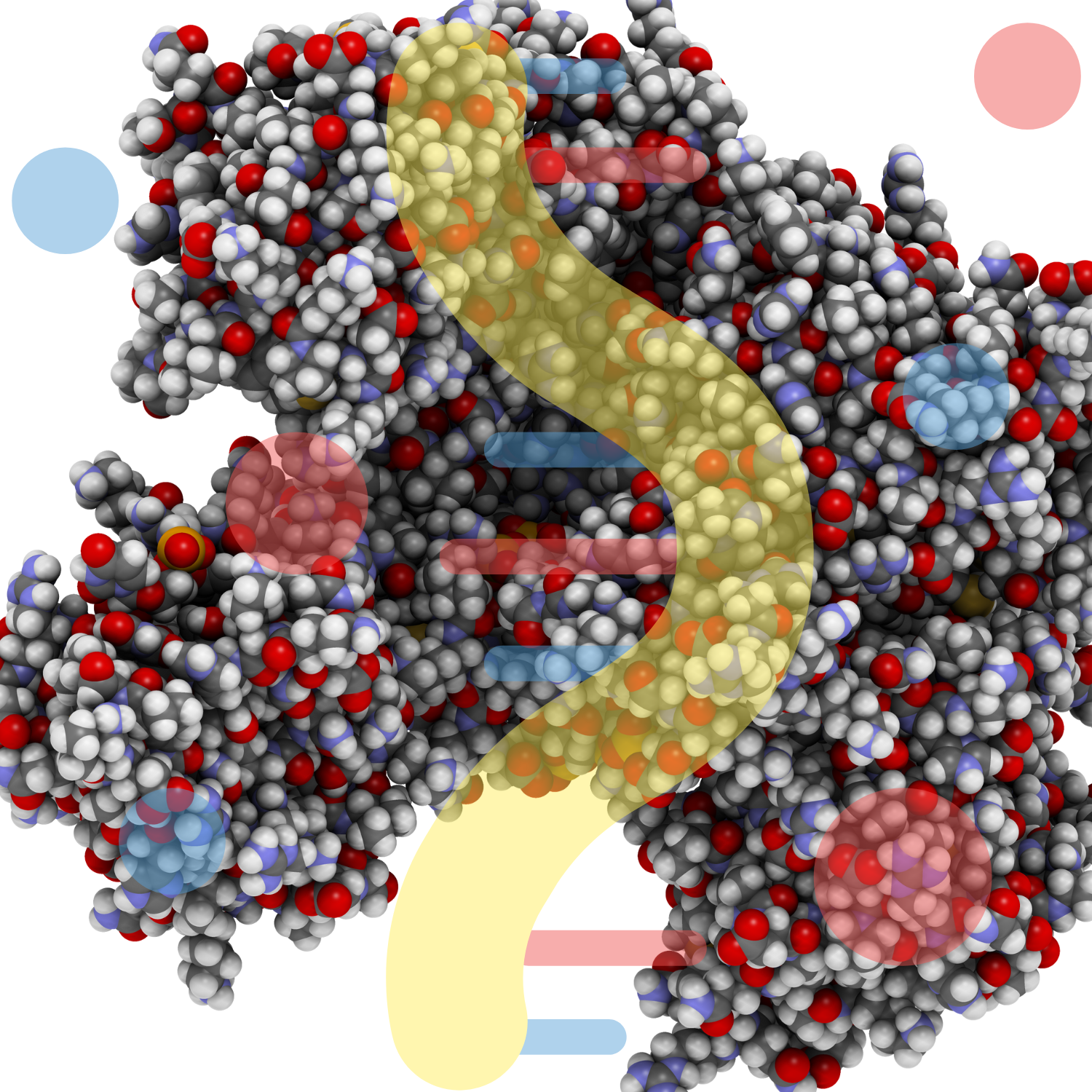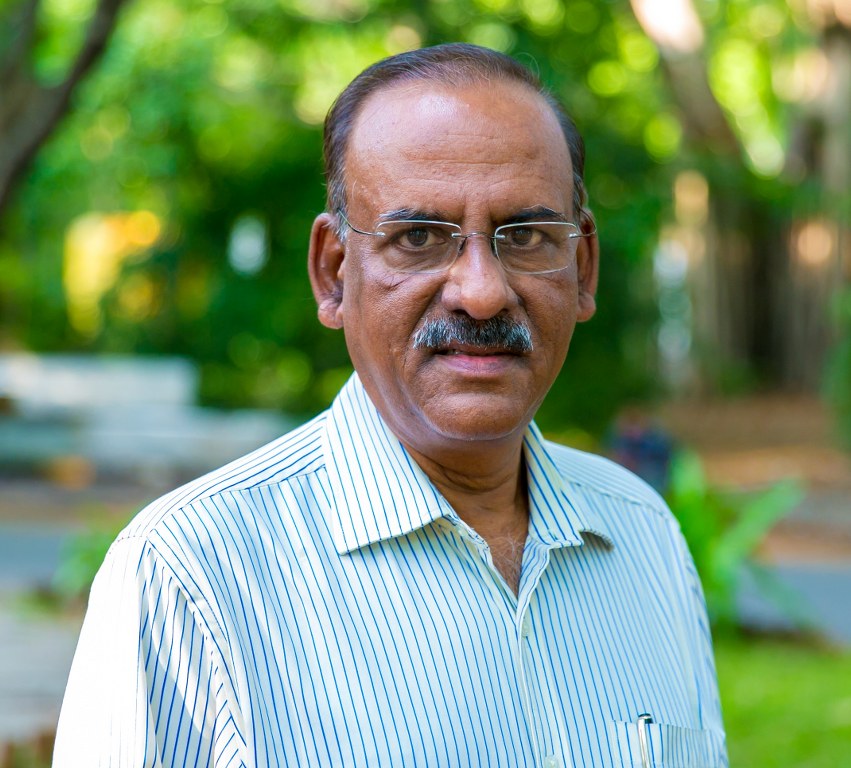About Program

This is part of its efforts to popularize science to the general public and students who are pursuing science as their career. TNSF attempt to focus on students on higher science as everyone knows that learning of science at college within the curriculum is not enough to acquire holistic knowledge of science at the appropriate time. Hence, to fill the gap between what students are acquiring through the curriculum and what it is required, TNSF is planning its activities on higher science to students who are pursuing higher education.

About the Lecture The discovery of microRNAs (miRNAs) by Victor Ambros and Gary Ruvkun, who were recently awarded the Nobel Prize, marked a revolutionary moment in molecular biology, revealing an entirely new layer of gene regulation. In this talk, the speaker will briefly outline their ground-breaking discovery of miRNAs and how these small, non-coding RNA molecules have since emerged as pivotal regulators of gene expression, particularly in cancer biology. miRNAs regulate numerous cellular processes, including cell death, differentiation, and metastasis, offering novel therapeutic avenues for treating cancer. The speaker will present his team's recent research on miR-5096, a tumour-suppressive miRNA in breast cancer, and its potential as a therapeutic agent. Using in silico analysis, the team predicted and validated that miR-5096 targets SLC7A11, a key cystine/glutamate antiporter involved in glutathione synthesis and reactive oxygen species (ROS) detoxification. Through 3'UTR luciferase assays and mRNA/protein analysis, they demonstrated that miR-5096 downregulates SLC7A11, leading to increased ROS, lipid peroxidation, iron accumulation, and ferroptotic cell death. miR-5096 significantly inhibited breast cancer cell survival, migration, invasion, and colony formation. Moreover, mitochondrial dysfunction and ferroptotic markers, including ROS accumulation and mitochondrial shrinkage, were observed, confirming miR-5096-induced cell death. Importantly, these effects were partially reversed by ectopic expression of SLC7A11, highlighting the therapeutic significance of targeting the miR-5096/SLC7A11 axis. In vivo, miR-5096 suppressed the metastatic potential of MDA-MB-231 breast cancer cells in a zebrafish xenograft model. Additionally, miR-5096 modulated epithelial-mesenchymal transition (EMT), further contributing to its anti-metastatic properties. By integrating his team's findings with the pioneering work on miRNAs by Ambros and Ruvkun, the speaker will demonstrate how miRNAs are reshaping cancer therapy.
